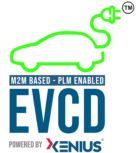Budget brings good news for EV sector
February 12, 2022 2022-02-14 11:22Budget brings good news for EV sector
The Budget presented by Finance Minister Nirmala Sitharaman in Parliament on February 1 has some good news for the electric vehicle industry. The battery-swapping policy for electric two-wheelers and three-wheelers announced in the Budget has been applauded by the industry. The Budget announcement of expansion of road network in the country by 25,000 km is another welcome move. The steps are bound to encourage more people to switch over to electric vehicles.
The Union Budget 2022-23 evoked mixed reactions from the electric vehicle (EV) industry in the country. Among its many pros is the FM announcement that the Government is launching a battery-swapping policy for electric two-wheelers and three-wheelers. The entire EV industry has welcomed this move.
Recognising battery as a service, the new policy is aimed at faster adoption of EVs across the country. The policy aims at extending the Faster Adoption and Manufacturing of Hybrid and Electric Vehicles (FAME) scheme which was launched by the Government to boost the sales of EVs and expand charging infrastructure across the country.
- Among its many pros is the FM announcement that the Government is launching a battery-swapping policy for electric two-wheelers and three-wheelers. The entire EV industry has welcomed this move.
- The new EV policy on battery swapping with emphasis on setting interoperability standards is a revolutionary step as it will help expand the EV charging infrastructure.
- The Budget has also provided for the expansion of the road network by 25,000 km. Under the Prime Minister’s Gati Shakti Plan, the Government plans to invest about Rs 20,000 crore to expand the road network.
The new EV policy on battery swapping with emphasis on setting interoperability standards is a revolutionary step as it will help expand the EV charging infrastructure. The new policy will also help the stakeholders to better manage the space for battery-swapping units. The objective of the Government is to make India an emission-free country in the near future. This aim can only be achieved if all the Internal Combustion Engine (ICE)-based vehicles are converted to EVs. Interoperability standards in battery swapping will help reach this target quickly.
Due to range anxiety, people are hesitant in switching over from ICE-based vehicles to EVs. Hero Electric has been the main advocate in pushing for the standardisation in battery swapping. Interoperability standards in battery swapping will help reduce the range anxiety of EV owners.
The Budget has also provided for the expansion of the road network in India by 25,000 km. Under the Prime Minister’s Gati Shakti Plan for expressways, the Government plans to invest about Rs 20,000 crore to expand the road network. The Ministry of Power has also announced that it will install one EV charger every 25 km on both sides of highways. It will also install one fast charger at every 100 km for EV owners. This will give a boost to the sales of EVs and also reduce the range anxiety of consumers on long highways.



